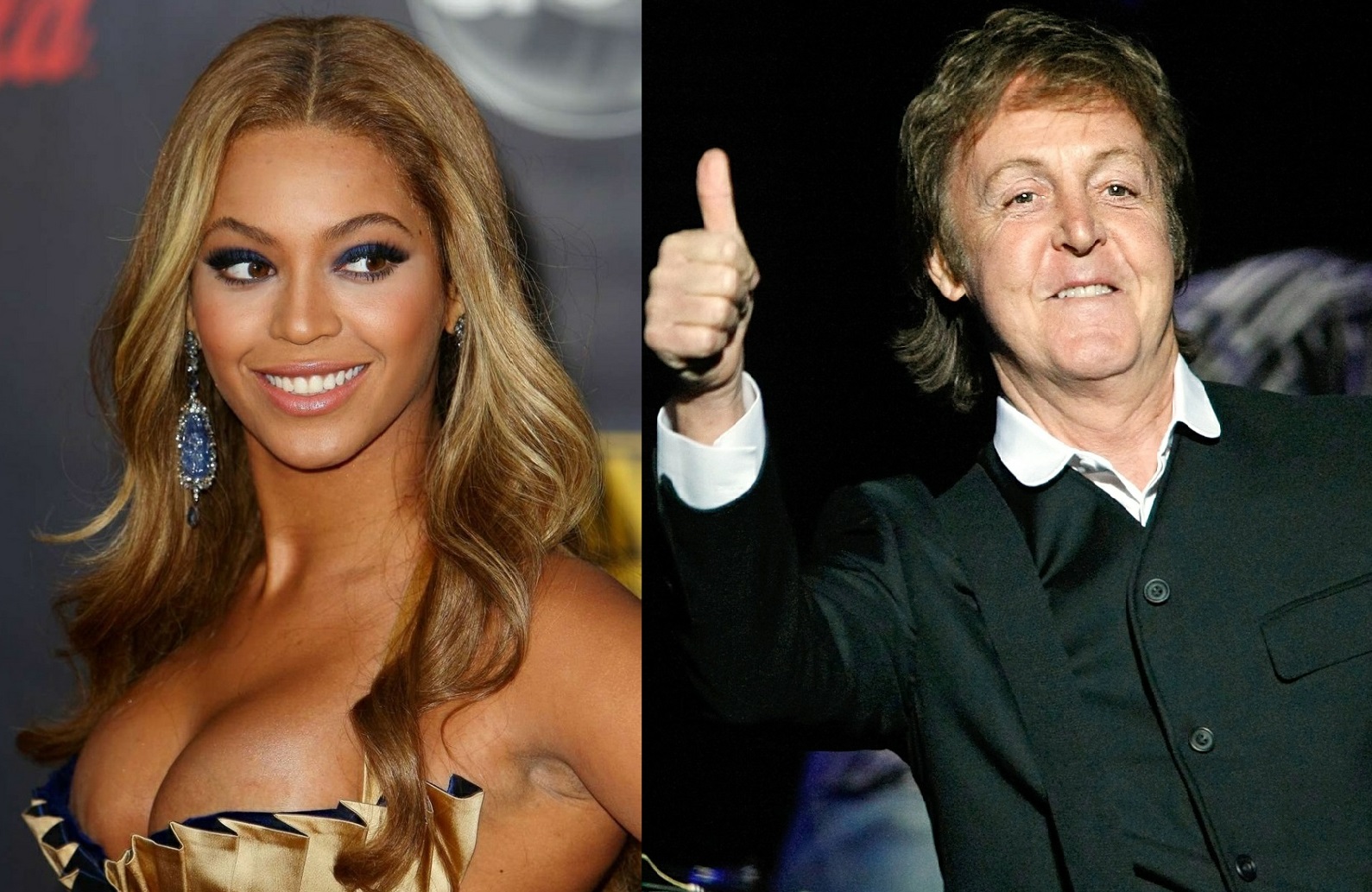Music transcends generations, and sometimes, a song written decades ago can resonate even more powerfully with a new audience. This is exactly what happened with Paul McCartney’s iconic Beatles ballad “Blackbird” and Beyoncé’s recent cover.
Sir Paul himself took to social media to express his delight at Beyoncé’s rendition, praising not only her musical talent but also the way her cover reignited the song’s powerful message of racial equality. This heartwarming exchange and the renewed interest in “Blackbird” offer a compelling opportunity to delve deeper into the song’s history, its enduring relevance, and the impact of Beyoncé’s reinterpretation.

From The Beatles’ “White Album” to Beyoncé’s “Cowboy Carter”: The Journey of “Blackbird”
“Blackbird” first appeared on the Beatles’ self-titled double album, often referred to as the “White Album,” released in 1968. The song’s origins and meaning have been the subject of some discussion over the years. McCartney has mentioned drawing inspiration from various sources, including the melodic call of a blackbird he heard while the Beatles were in India and the ongoing struggle for civil rights in the United States.
In his recent Instagram post, McCartney definitively stated that the song was primarily inspired by the Little Rock Nine, a group of nine African American students who bravely enrolled in the previously all-white Little Rock Central High School in 1957. Their courage in the face of discrimination and violence resonated deeply with McCartney, prompting him to write “Blackbird” as a message of hope and perseverance.
A Song with Layers: Decoding the Lyrics of “Blackbird”
The beauty of “Blackbird” lies in its open-ended lyrics. While the central theme of overcoming adversity is clear, the specific challenges faced by the “blackbird” are left to interpretation. This allows listeners to connect the song to their own experiences of struggle, be it racial prejudice, personal doubt, or any other form of oppression.
Here’s a closer look at some of the key lines and their potential interpretations:
“Take these broken wings and learn to fly” – This powerful line encourages the listener to rise above their limitations and find the strength to overcome obstacles.
“Blackbird singing in the dead of night / Take these sunken eyes and learn to see” – These lyrics can be seen as a call for awareness and the courage to face the darkness, both within oneself and in the world.
“All your life / You were only waiting for this moment to be free” – This line speaks to the yearning for freedom and liberation, a sentiment that resonates deeply with anyone facing oppression.
Beyoncé’s Rendition: A Powerful Reimagining for a New Generation
Beyoncé’s cover of “Blackbird” on her album “Cowboy Carter” breathes new life into the classic song. Her soulful vocals and stripped-down arrangement capture the essence of the original while adding a layer of contemporary relevance.
McCartney himself acknowledged the power of Beyoncé’s interpretation, stating that it “reinforces the civil rights message that inspired me to write the song in the first place.” In an era where racial tensions remain high, Beyoncé’s cover serves as a timely reminder of the ongoing struggle for equality and the importance of songs like “Blackbird” that inspire hope and action.
“Blackbird”: A Legacy of Music and Social Change
The story of “Blackbird” transcends the boundaries of music. It’s a testament to the power of art to inspire social change and connect people across generations. From its origins in the Civil Rights Movement to its modern reinterpretation by Beyoncé, “Blackbird” continues to be a powerful anthem for hope, resilience, and the pursuit of a more just world.
Beyoncé’s Rendition: A Powerful Tribute to Civil Rights:
Beyoncé’s rendition of “Blackbird” not only showcases her vocal prowess but also serves as a poignant homage to the Civil Rights Movement. McCartney’s endorsement of her version highlights the song’s timeless relevance in promoting awareness and fostering dialogue around issues of racial tension and equality.
The Role of Music in Promoting Social Change:
McCartney’s acknowledgment of Beyoncé’s cover underscores the transformative power of music in addressing social issues and promoting empathy and understanding. Through their collaboration, both artists contribute to a broader conversation on racial justice and reconciliation.




